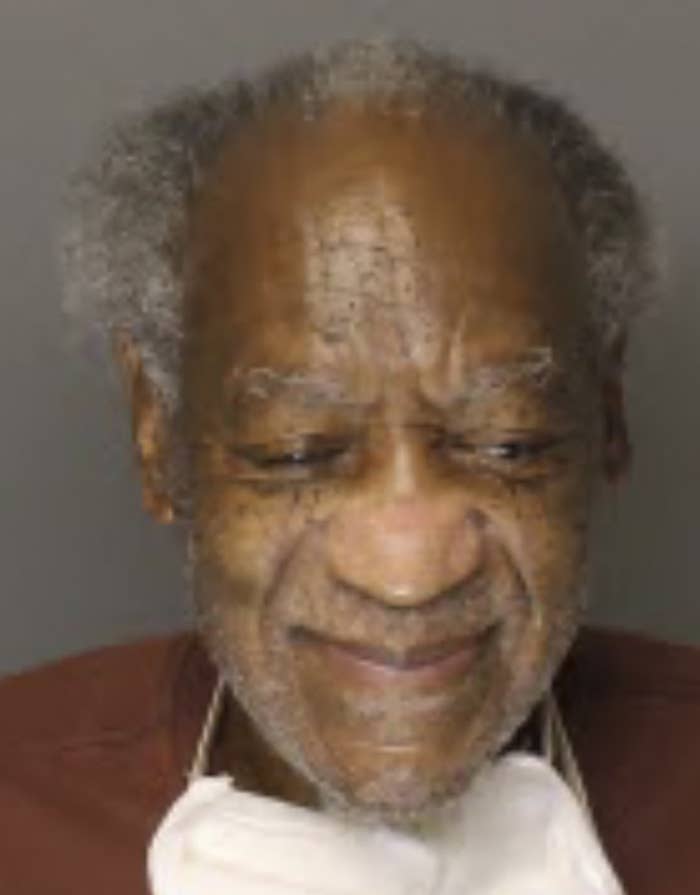
Dennis Van Tine/STAR MAX/IPx
Pennsylvania's Supreme Court on Wednesday overturned Bill Cosby's sexual assault conviction after finding that his agreement with a previous prosecutor should have prevented charges from ever being filed.
After a jury was unable to reach a verdict in his first trial, Cosby, now 83, was convicted in 2018 of drugging and raping Temple University employee Andrea Constand at his Pennsylvania home in 2004.
It was not immediately clear when Cosby when he would be released from prison. His conviction marked a staggering fall from grace for a comedian who built his reputation as "America's Dad" over decades on television. His conviction was a key moment in the #MeToo movement, seen as accountability for a major celebrity accused of abusing his power.
The jury of seven men and five women voted after about 14 hours of deliberation to convict the 80-year-old comedian on three counts of sexual assault, and he has since been serving his three- to 10-year sentence at a state prison near Philadelphia.

AP
An inmate of Bill Cosby on Sept. 4, 2020.
The entire criminal case was initiated after Cosby's self-incriminating statements in a deposition for Constand's civil lawsuit were unsealed. In that civil case, Cosby submitted the statements after then-Montgomery County District Attorney Bruce Castor agreed not to file charges.
That changed after the documents were unsealed and public outrage mounted. Castor's successor, Risa Vetri Ferman, decided to press forward with criminal charges, arguing the case could be bolstered with testimony from other alleged victims over the years to show a pattern of predatory behavior.
But the Pennsylvania Supreme Court determined that was unfair to Cosby, given that Castor said he had “absolutely” intended to remove “for all time” the possibility of prosecution because “the ability to take the Fifth Amendment is also for all time removed" in the civil case.
"We hold that, when a prosecutor makes an unconditional promise of non-prosecution, and when the defendant relies upon that guarantee to the detriment of his constitutional right not to testify, the principle of fundamental fairness that undergirds due process of law in our criminal justice system demands that the promise be enforced," the court wrote.
The judges added: “While the prosecutor’s discretion in charging decisions is undoubtedly vast, it is not exempt from basic principles of fundamental fairness, nor can it be wielded in a manner that violates a defendant’s rights. The foregoing precedents make clear that, at a minimum, when a defendant relies to his or her detriment upon the acts of a prosecutor, his or her due process rights are implicated.”
Cosby's team also argued that allowing prosecutors to call five additional women to the stand to relay their own allegations of sexual misconduct against the actor tainted the jury's perception — a move the justices expressed concern with in terms of testimony becoming a character attack.
The Montgomery County District Attorney's Office could not immediately be reached for comment, nor could a representative for Constand.
This is a developing story. Check back for updates and follow BuzzFeed News on Twitter.
[ad_2]
Source link Visit our main site at https://gistwheel.com/2021/06/30/bill-cosbys-rape-conviction-has-been-overturned-setting-up-his-release-from-prison/
Comments
Post a Comment